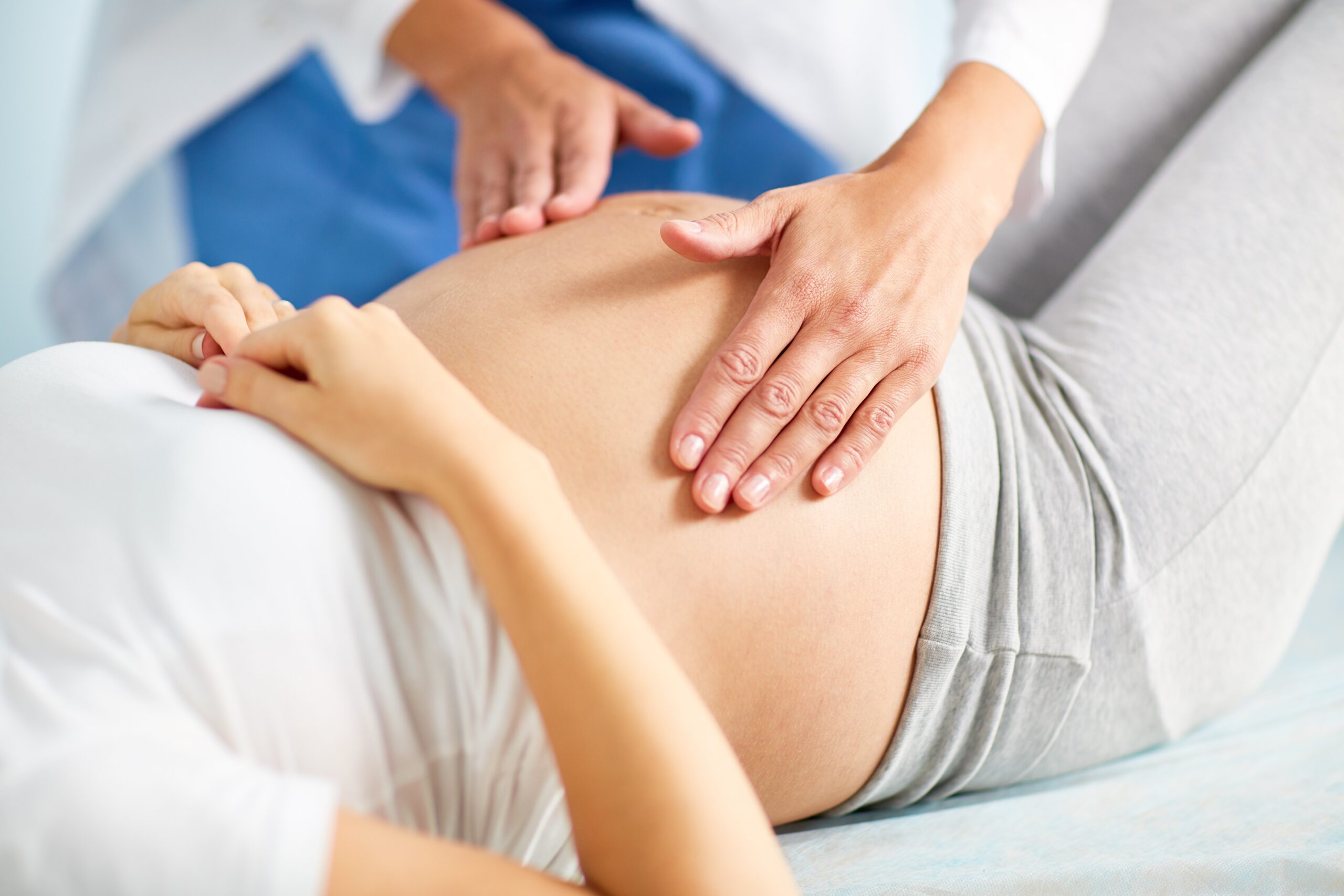

Group B Streptococci, or group B strep (GBS), are bacteria that naturally live in your body’s gastrointestinal, urinary and reproductive systems. In most cases, these bacteria come and go and are harmless. They don’t cause you to feel sick or experience symptoms. But for some infants and adults with certain medical conditions, GBS can cause a serious illness called GBS disease.
GBS disease is most common in newborns who contract it from their mothers during childbirth. About 1 in 4 pregnant women carry GBS bacteria in their body. When infants get GBS disease within six hours of birth, it is called early-onset GBS disease. When they develop it days, weeks or months later, it is referred to as late-onset GBS disease.
Infants with early-onset GBS disease often display symptoms on the day of birth. Babies with GBS disease may show some of these symptoms: unstable body temperature (may be high or low), pale skin or bluish tint to the skin, difficulty breathing, difficulty feeding or refusing food, abnormal heart rate and listlessness or irritability.
Infants with GBS disease are at risk for serious complications, such as meningitis, an infection of the fluid and membranes protecting the brain and spinal cord; pneumonia, an infection of the lungs; and sepsis, an infection of the blood. Long-term complications include developmental disabilities and hearing loss. Two to three of every 50 babies, or 4 to 6 percent, who develop GBS disease will die.
The best ways to prevent GBS disease in infants are to test mothers for GBS bacteria during pregnancy and give IV antibiotics during labor to women at increased risk. The American College of Obstetricians and Gynecologists recommends testing women for GBS bacteria when they’re 36 to 37 weeks pregnant. IV antibiotics given during labor help protect babies from infection.
In adults, most cases of GBS disease occur in those who also have other medical conditions such as diabetes, heart disease, congestive heart failure, HIV, liver disease and cancer or a history of cancer. Being obese also increases your risk for developing GBS disease. In addition, adults 65 years of age and older are at increased risk compared with adults under 65.
GBS disease can cause sepsis and pneumonia in adults as well. It can also cause skin and soft tissue infections, and bone and joint infection. Rarely in adults, GBS can cause meningitis.
Symptoms of GBS disease in adults vary depending on which part of the body is affected. Symptoms of sepsis include fever, chills and low alertness. With pneumonia, you may experience fever, chills, cough, difficulty breathing and chest pain.
Skin and soft tissue infections often appear as a bump or area on the skin that may be red, swollen or painful. It may also be warm to the touch and be full of pus or other drainage. You may also have a fever with these infections. Symptoms of bone and joint infections include pain in the affected area, fever, chills, sweating and stiffness or inability to use the affected joint.
To definitively diagnose GBS disease, your doctor will take a sample of your blood or cerebrospinal fluid (CSF), the clear liquid that surrounds and protects the brain and spinal cord. To obtain a sample of CSF, your doctor will perform a lumbar puncture, or “spinal tap.” GBS disease is diagnosed if GBS bacteria grow from laboratory cultures of these body fluids.
Infections due to GBS disease are typically treated with antibiotics such as penicillin and ampicillin. Sometimes, people with soft tissue and bone infections due to GBS disease may need additional treatment, such as surgery.
In most cases, there’s no way to prevent GBS disease in adults. The GBS bacteria generally ebb and flow in your body and cause no problems. However, prevention is extremely important in cases of newborn GBS disease.
According to the US Centers for Disease Control and Prevention, a woman carrying GBS bacteria who receives antibiotics during labor has only a one in 4,000 chance of delivering a baby who develops GBS disease. Without antibiotics, the risk increases to one in 200.
Currently, there’s no vaccine for GBS disease, but researchers are working on developing one.





Leave a Reply